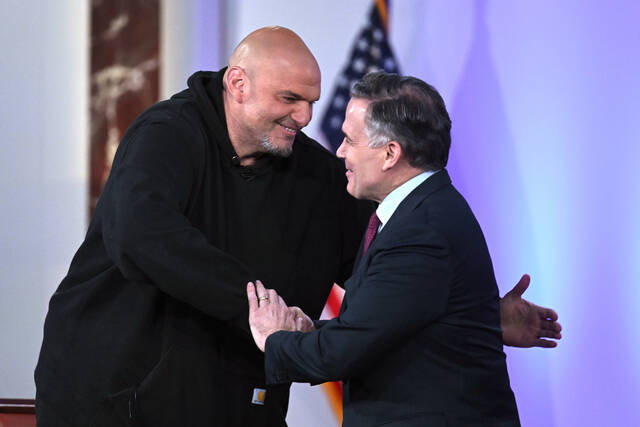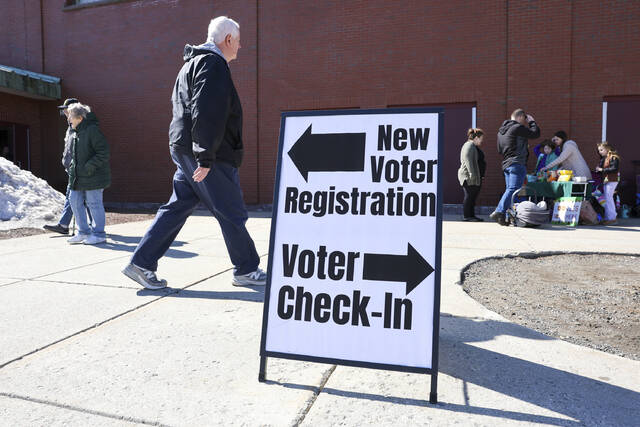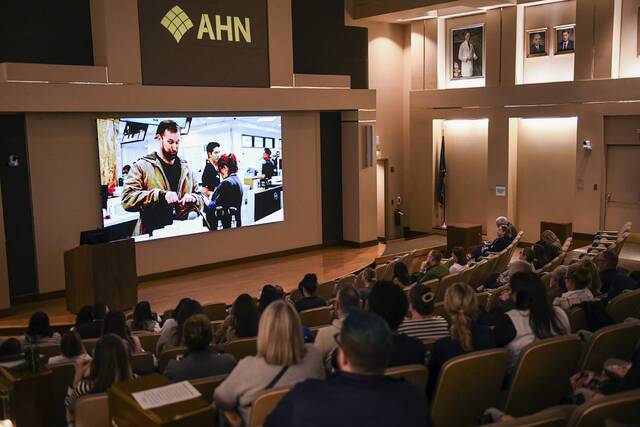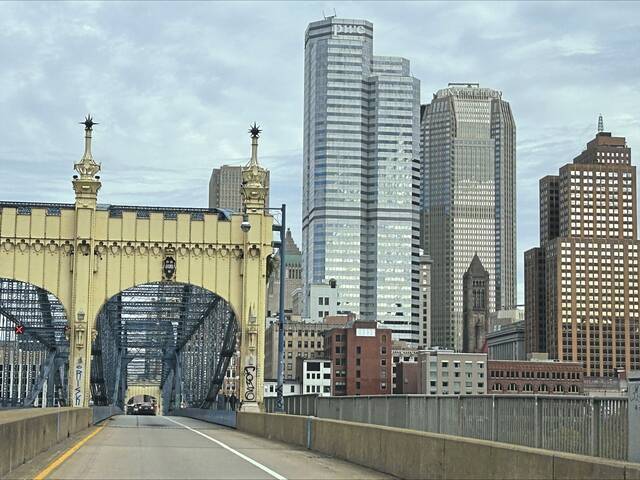Imagine for a moment having your whole life derailed by a traffic ticket.
You decided to study business in Mississippi, and, after getting that degree, you applied to graduate school. You looked at all of your options and picked Carnegie Mellon University.
Just getting in is a coup. Carnegie Mellon is ranked 18th among business schools by U.S. News & World Report. That’s tied with UCLA and Vanderbilt. The tuition is pricey at about $78,000 a year, and that’s before room and board, books and fees. But even with the full freight topping $111,000, studying in Pittsburgh is worth it to you.
But this is complicated because, in 2019, while in the middle of your undergraduate program, you got a traffic ticket because of how you merged onto a highway.
You might wonder how this could be a problem. People get traffic tickets every day.
But Pratik Adhikari is not from Mississippi. He was just studying there. Adhikari is from Nepal. He is one of at least three international students at Carnegie Mellon — and numerous students from universities across the country — whose studies are being disrupted by new revoked statuses and threats of deportation.
On Tuesday, Adhikari and Aryaman Shadilya were in court after they filed a federal lawsuit against Homeland Security Secretary Kristi Noem and acting Director of Immigration and Customs Enforcement Todd Lyons.
However, they did not just appear in court. Their lawyer did that. The lawsuit did not just list their names but used pseudonym initials out of fear of exposing their identities to ICE officials. They appeared only after U.S. District Judge William S. Stickman IV guaranteed “safe harbor” for the students to make their way from attorney Adrian Roe’s office to the courthouse.
“I’m not going to let anybody get taken out of my courtroom,” Stickman said. “You can rest assured on that.”
Many in the Trump administration and among their supporters use language of support for immigration — as long as it is done legally.
Adhikari is a business guy with a traffic ticket. Shadilya is a computer engineer who was cited for public intoxication and disorderly conduct before those charges were dropped and his record expunged.
These are not drug kingpins or gang members. These are not rapists and murderers. They did not sneak across a border or overstay a visa. These are people who had F-1 visas and were in the Student and Exchange Visitor Information System.
The U.S. Department of State does have the ability to revoke visas — and should exercise its discretion outlined under U.S. Code, which includes crimes involving guns or drugs, sex offenses, aggravated felonies and multiple convictions. Neither Adhikari nor Shadilya appears guilty of “crimes of moral turpitude.”
These students might be from Nepal and India, but, like so many immigrants, they are now part of the fabric of America and of Pittsburgh. They should never be afraid to walk down a street from their attorney’s office to a courthouse without the express protection of a judge.
Imagine for a moment that was you.








